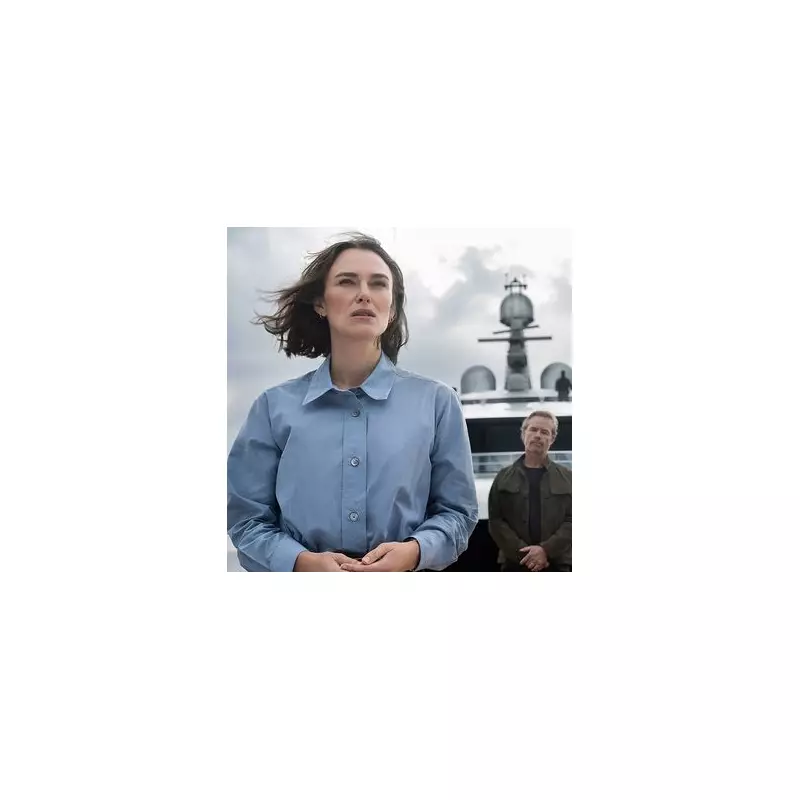
When journalist Lo Blacklock boards the luxury cruise liner Aurora for what should be a career-making assignment, she never expects to witness a murder. Yet Ruth Ware's gripping psychological thriller The Woman in Cabin 10 takes readers on a turbulent journey where nothing is quite as it seems.
The Final Revelation: What Really Happened
The shocking truth revealed in the final chapters completely recontextualises everything readers thought they knew. The woman Lo saw being thrown overboard wasn't a random passenger - she was the intended target all along.
Richard Bullmer, the wealthy owner of the Aurora, had orchestrated an elaborate scheme to murder his mistress, Annabel, who bore a striking resemblance to his wife, Carrie. The plan involved making Annabel's death appear to be Carrie's, allowing Richard to collect on his wife's substantial life insurance while continuing his affair with a woman who looked exactly like her.
The Mastermind Behind the Plot
Richard's cold calculation becomes chillingly clear in the finale. He had:
- Deliberately invited Lo, knowing her recent trauma might make her testimony less credible
- Planted evidence suggesting Lo was unstable and unreliable
- Used his staff to cover up the crime and gaslight our protagonist
The brilliance of Ware's plotting lies in how every seemingly random detail - from the mascara smudges to the stolen mascara wand - fits perfectly into this sinister puzzle.
Lo's Triumph Against All Odds
Despite the overwhelming forces arrayed against her, Lo's journalistic instincts ultimately prevail. Her meticulous note-taking and refusal to back down, even when everyone dismissed her as hysterical, prove to be her salvation.
The novel's resolution sees justice served, but not without lasting psychological scars. Lo's final moments aboard the Aurora leave her fundamentally changed, a testament to Ware's skill at creating emotionally resonant thrillers that linger long after the final page.
Why This Ending Resonates
The Woman in Cabin 10 succeeds because it plays with our deepest fears - not just of being in danger, but of not being believed when we desperately need help. In an era where women's testimony is often questioned, Lo's struggle feels particularly poignant and relevant.
Ware delivers a masterclass in suspense writing, proving that sometimes the most terrifying monsters aren't supernatural creatures, but ordinary people capable of extraordinary cruelty.





